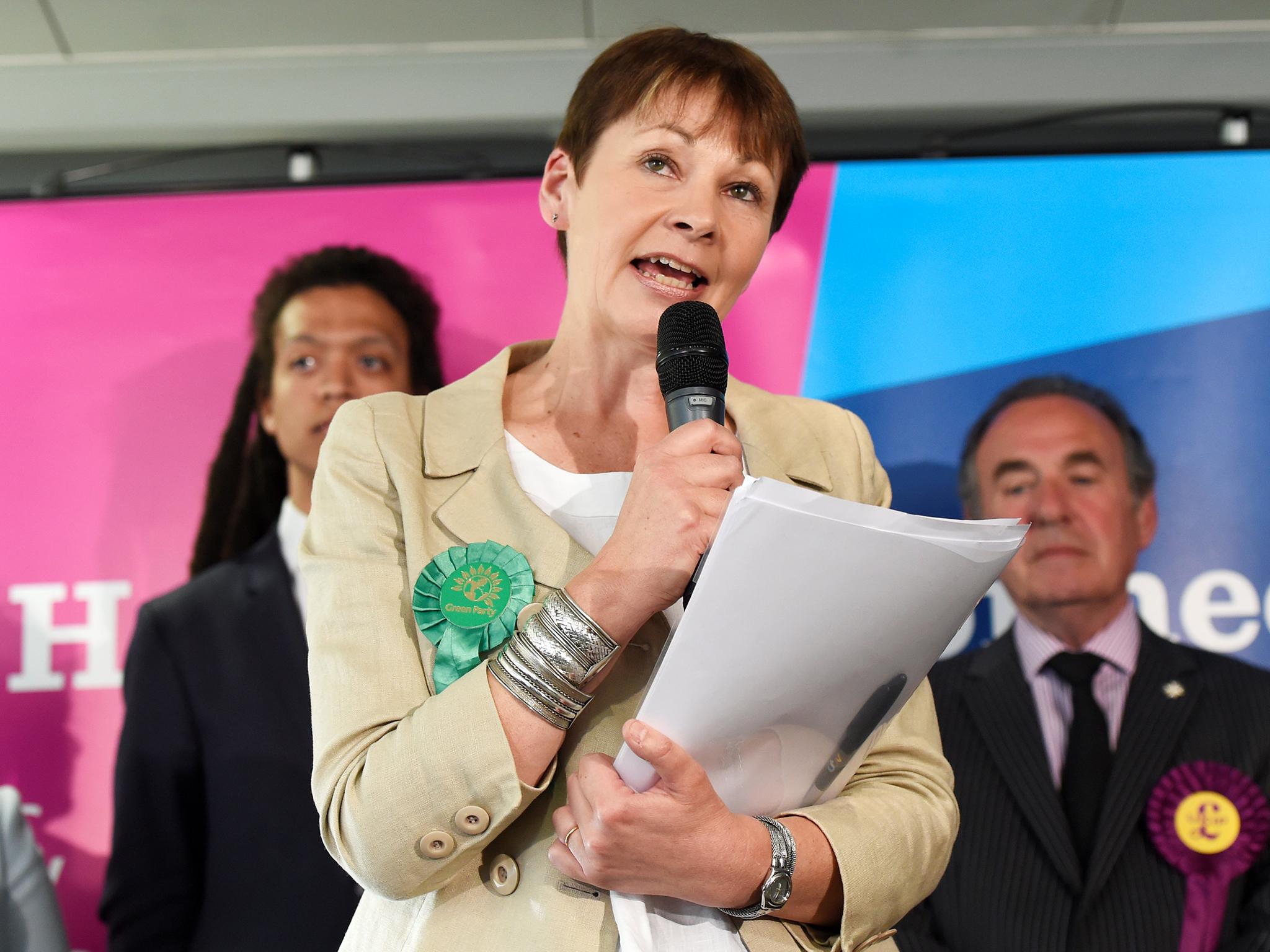2017 general election result sees record number of female MPs voted in to Parliament
Home Secretary Amber Rudd is said to be the candidate whose re-election took the 2017 figure past the previous high of 191

Your support helps us to tell the story
From reproductive rights to climate change to Big Tech, The Independent is on the ground when the story is developing. Whether it's investigating the financials of Elon Musk's pro-Trump PAC or producing our latest documentary, 'The A Word', which shines a light on the American women fighting for reproductive rights, we know how important it is to parse out the facts from the messaging.
At such a critical moment in US history, we need reporters on the ground. Your donation allows us to keep sending journalists to speak to both sides of the story.
The Independent is trusted by Americans across the entire political spectrum. And unlike many other quality news outlets, we choose not to lock Americans out of our reporting and analysis with paywalls. We believe quality journalism should be available to everyone, paid for by those who can afford it.
Your support makes all the difference.Parliament will have its highest-ever number of female MPs following the general election.
The 2017 intake has already surpassed the 196 women elected to the House of Commons in the last Parliament after the 2015 election and subsequent by-elections.
The previous high of 191 women elected in a single general election, which occurred in 2015, has also been beaten.
Home Secretary Amber Rudd is said to be the candidate whose re-election took the 2017 figure to 192, as she narrowly defended her Hastings and Rye seat following a strong challenge from Labour's Peter Chowney.
It was not until the 2015 parliament that the total number of female MPs in history surpassed the number of male MPs in a single parliament (454).
Constance Markievicz became the first woman elected to the Commons in 1918 following the Parliament (Qualification of Women) Act, which allowed women to stand as candidates.
She did not take her seat as she was a member of Sinn Fein.
Conservative Nancy Astor was the first woman to take her seat in the Commons after winning a by-election in December 1919 for the Plymouth Sutton constituency.
PA
Join our commenting forum
Join thought-provoking conversations, follow other Independent readers and see their replies
Comments